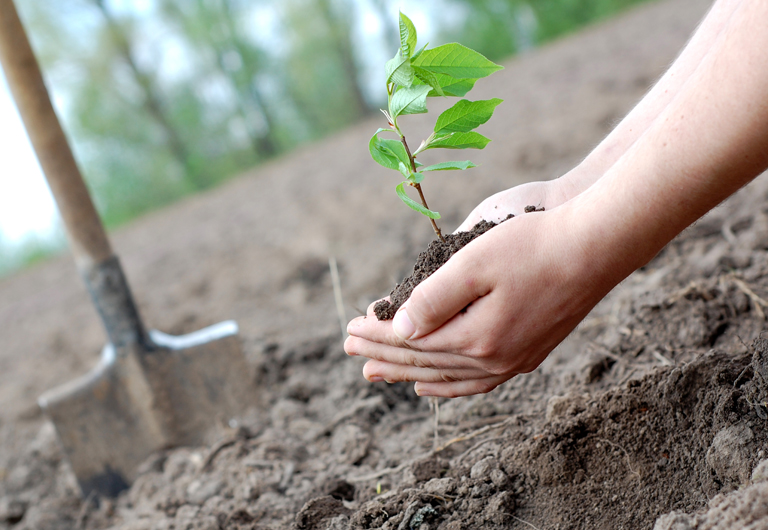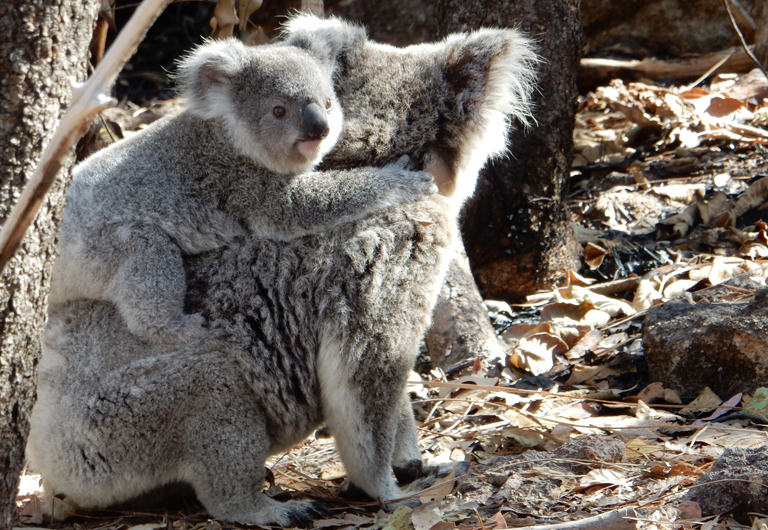
The Great Eastern Ranges (GER) initiative has been awarded a significant government grant for a large-scale effort to help restore country, culture and community in four heavily bushfire affected landscapes in New South Wales.
Through funding from the Australian and NSW Government’s Bushfire Local Economic Recovery (BLER) Fund, GER will work with its regional partner networks, the International Fund for Animal Welfare (IFAW) and the Community Environment Network, to roll out recovery activities in the NSW North Coast, Blue Mountains, South Coast and Far South Coast.
The grassroots-driven activities aim to boost local capacity, improve the health and resilience of regional communities and landscapes, support native wildlife, and restore and reconnect the region’s ‘natural infrastructure’.
“We developed the BLER Fund project in response to appeals for assistance from local landholders and communities who lacked sufficient funding, knowledge or resources to respond to a bushfire crisis of this scale by themselves,” says Gary Howling, CEO of GER.
“Our project answers this need by bringing locals together with the diverse skills and expertise required to deliver a coordinated effort, such as restoration experts, environmental educators, traditional owners, protected area managers, local government and Local Land Services organisations.

“Our regional partnership model enables us to work directly with the people who have been the most impacted and to respond to local needs and conditions. This means that communities and individuals lead their own recovery, whilst operating in the context of a broader planned, coordinated and adaptive landscape response,” Gary said.
As well as involving local traditional owner groups and organisations, four new Aboriginal Ranger positions will be created to enable and inspire two-way learning and knowledge sharing.
“A business-as-usual approach to conservation is no longer an option in our rapidly changing climate. First Australians hold a vast wealth of ecological knowledge that can help us to build healthier, more resilient landscapes, ecosystems and communities, and reduce the impacts of climate change, like the devastating bushfires of 2019-2020,” Gary said.
“To achieve the best outcomes on the ground, we need to all work together and to merge traditional ecological knowledge with modern science.”
As well as helping to speed up the recovery of the regions’ environment and striking scenery, which draw thousands of tourists every year, the project will provide a further boost to regional economies by sourcing materials for on-ground works (e.g. seed and plants, fencing materials and nest boxes) from local suppliers.
The project will build on other targeted post-fire recovery efforts that the GER and its partners have been carrying out in these landscapes since early 2019.
“We welcome the announcement of this critical funding from the Commonwealth and NSW Government to support bushfire impacted communities across New South Wales. We look forward to working with our partners to support and create much-needed jobs, strengthen resilience and reduce the impact of future disasters,” said Gary.



 Article
Article